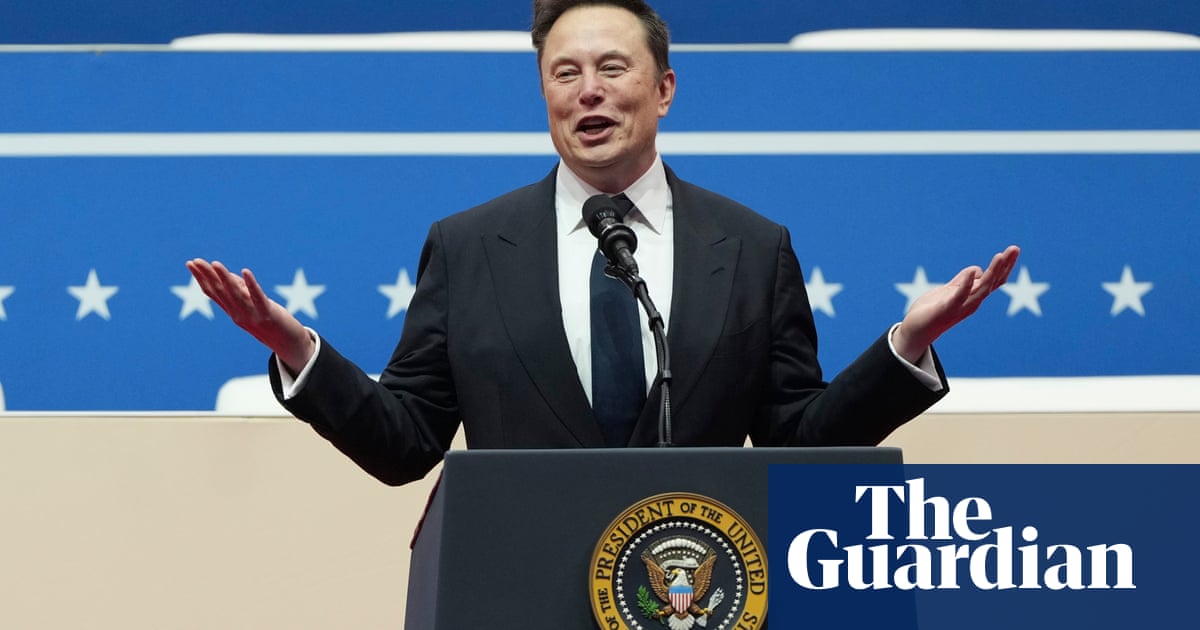European markets opened sharply lower Monday after U.S. President Donald Trump imposed trade tariffs on several countries and threatened to do the same with the European Union and U.K.
The pan-European Stoxx 600 was down 1.34% at 8:30 a.m. London time, with all sectors firmly in negative territory.
The Stoxx 600 autos index was down 3.5%, off earlier lows when it fell 4%. Shares of French car parts supplier Valeo and automaker Renault fell 8.3% and 4%, respectively, during early morning deals. Meanwhile, Germany’s BMW, Volkswagen and Porsche were all seen trading off by around 5%.
Europe’s tech, industrials and mining indexes each shed around 2%. Germany’s Dax index was more than 1.7% lower in early trade.
Markets in the region were reacting negatively to President Trump’s decision at the weekend to slap 25% tariffs on imports from Mexico and Canada and a 10% levy on goods from China. Canada has retaliated with its own sanctions on U.S. imports and Mexico has threatened to do the same.
When asked on Sunday about the prospect of tariffs on goods from the U.K. and European Union, Trump told the BBC that both were “out of line” but that the EU was worse. He said a deal could be “worked out” with the U.K., a country with whom the U.S. has a more balanced trade relationship, but stood firm that tariffs on the EU “will definitely happen.”
Trump described the U.S. trade deficit with the EU as an “atrocity,” repeating his previous comments that the bloc had “really taken advantage” of the United States. A spokesperson for the EU said the bloc would “respond firmly” to any new U.S. tariffs on its goods.
Asia-Pacific markets traded lower overnight after Trump’s tariff move, while U.S. stock futures tumbled Sunday night as investors weighed new U.S. tariffs and their potential impact on the economy and corporate profits.
Article by:Source:















